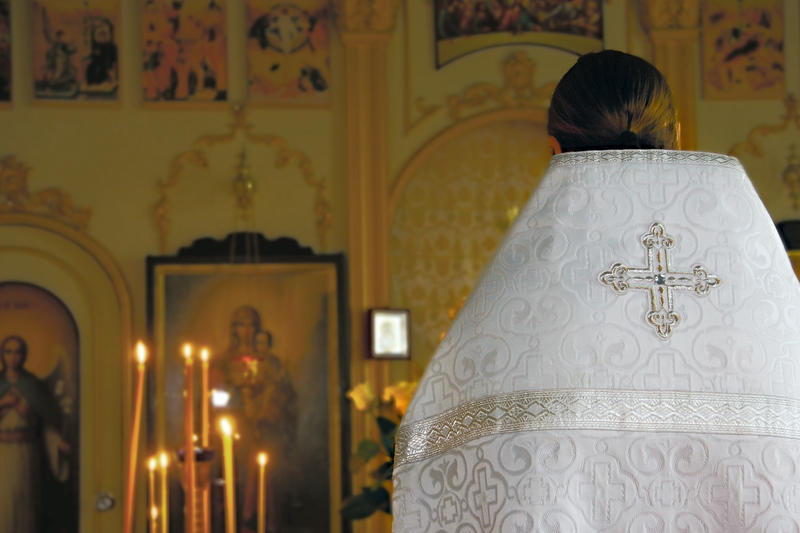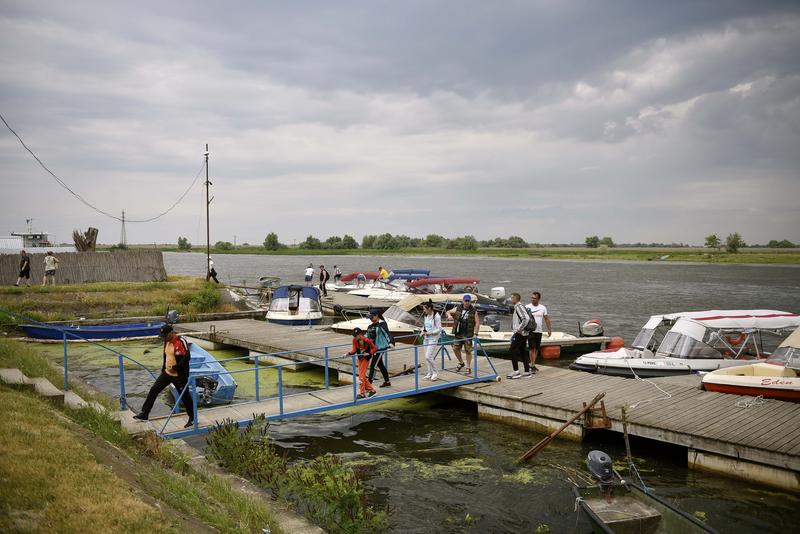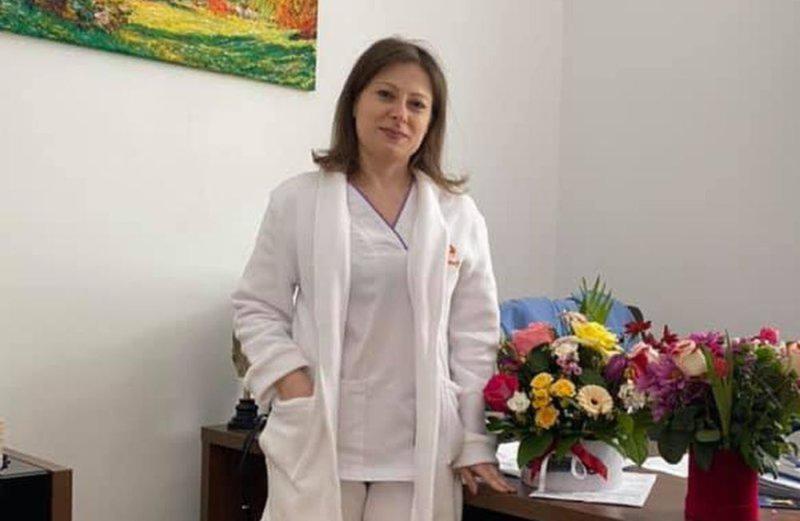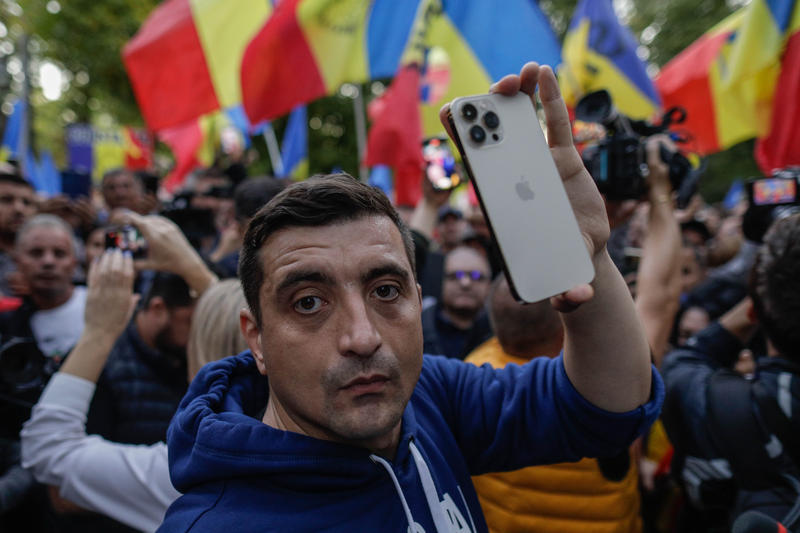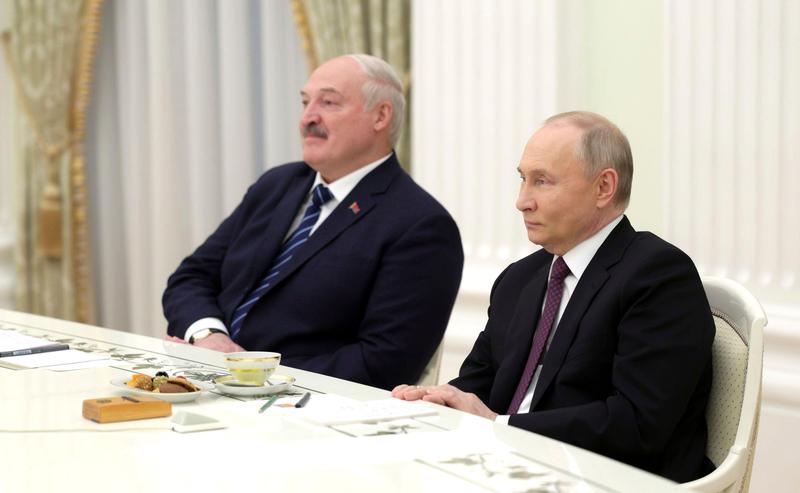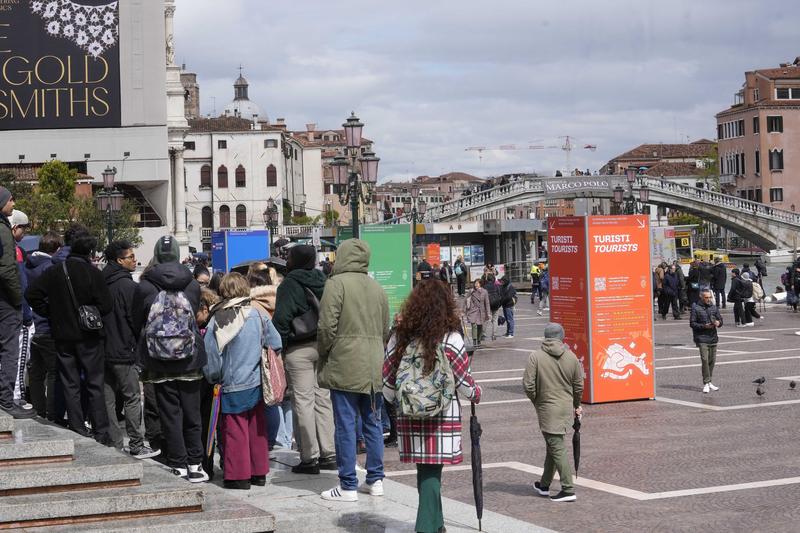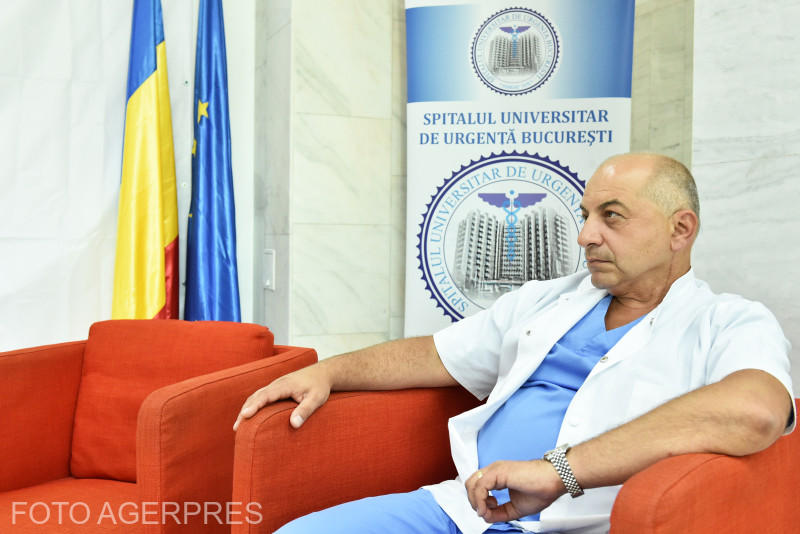The report presented on Wednesday by the European Commission on Romania's post-accession progress divides again the political class, both in Bucharest and in Brussels.
On one hand, representatives of the European Popular Party (EPP) informed Hotnews.ro in a press release that the formation acknowledges some progress in the anti-graft campaign and in Justice reforms, but sees that the report insists a lot more on still unsolved issues in these areas.
On the other hand, Romanian Justice Minister Tudor Chiuariu - who enjoys the support of Romanian Liberal MPs in Brussels - would rather adhere to the softer, gentler voice used by Justice Commissioner Franco Frattini.
"The report presented in Brussels confirms the priorities of my mandate: adopting the ANI Law (*see below) and fighting corruption at a local level. One of the measures we'll take shortly refers to the way some exceptions may be invoked in court, so that the trials referring to corruption cases will last much less", says Chiuariu.
Former Justice Minister Monica Macovei accused in a live TV intervention that the optimistic tone isn't justified. Macovei shows that the report appreciates the activity of the anti-corruption prosecutors, but the optimism about the National Integrity is far from justified, given the fact that the current shape renders the institution inefficient, as it is subordinated to the Parliament.
The head of the Popular group in the European Parliament, Joseph Daul, greeted the EC decision to quit activating the safeguarding clauses for Romania.
Still, Daul commented that "It's a shame for such a potential in agriculture as it is in Romania to be unexploited because the authorities failed to implement the right payment mechanism for farmers".
Transparency International Romania considers that the delay in activating the safeguarding clauses in Justice, despite the hard tone used in the report, justifies the continuing pressure put on Romania to fulfill its engagements.
(ANI Law: the law to create the National Integrity Agency, an independent body enabled to check on dignitaries' wealth)

